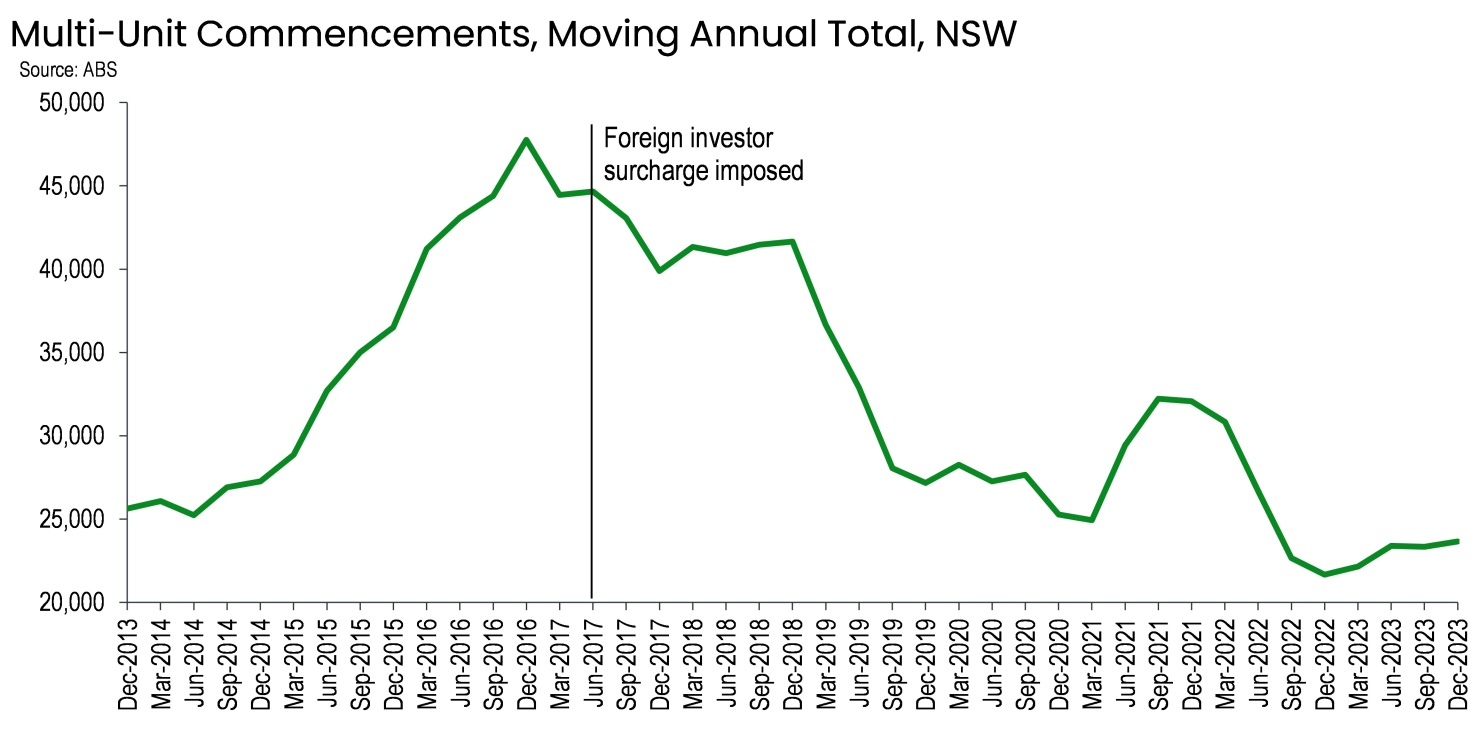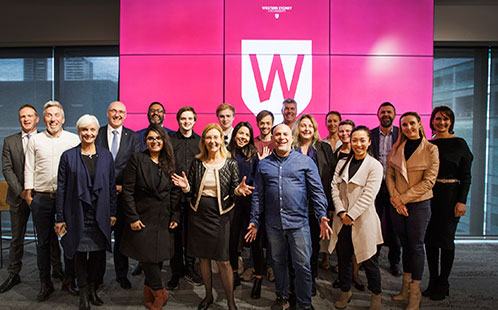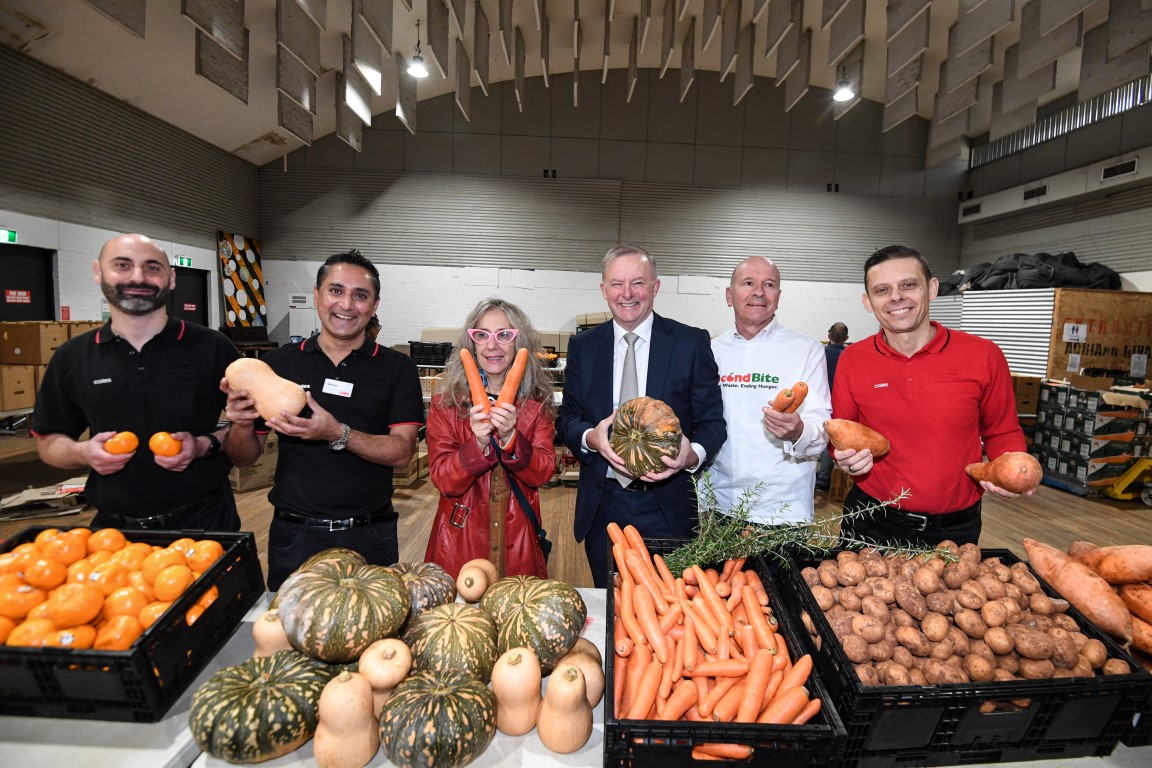Upgraded Redfern parks help Sydney community connect to Country
REDFERN’s Aboriginal and Torres Strait Islander culture and heritage will be at the heart of plans to upgrade three parks in one of Sydney’s most important growing communities.
More than 4,500 square metres (sqm) of parks will be upgraded at Redfern Community Centre open space, Yellomundee Park and Hugo Street Reserve.
Informed by extensive community consultation, the project scope will see greener, cooler parks with native trees and plants making for safer and more welcoming spaces, according to the council.
“As our city grows and more areas are developed, creating inviting places where the local community can come together and socialise is even more important,” Sydney Lord Mayor, Clover Moore said. 
“The area is experiencing major changes with increased development around Redfern station and more to come as the metro station at Waterloo gets closer to becoming operational.
“The Block is so important for local Aboriginal and Torres Strait Islander communities and is an area where the local community has shaped its neighbourhood. This is why we’ve really listened to what they want for the future of the area and in particular these local parks.
“The residents who live near these parks share a strong sense of community and they’ve told us they want them to be friendly and inviting places where children can play safely. Our upgrades will improve spaces for sport and recreation while creating new playgrounds for families to come together and enjoy.”
The proposal for the Redfern Community Centre open space includes: a larger playground catering to several ages; greater lawn area suitable for events, pop-up attractions and free play; a new shaded barbecue and seating area; an activated Redfern terrace that has the capacity to tell local stories through a ‘living museum’, as outlined in the Eora Journey: Recognition in the public domain vision; low wall seating around the park and more bins, bubblers and lighting.
The proposal for Yellomundee Park includes: a new gathering space in the centre of the park; improved lawn areas and potential community garden plots; a new path through the park; and more accessible seating, bins and bubblers with improved lighting.
The proposal for Hugo Street Reserve includes: an upgraded basketball court with improved noise minimising treatments such as sound absorbing surfaces and backboards; an improved off-leash dog area to the south; upgraded lawn and garden area to the north; and new seating, bins and bubblers with improved lighting.
These upgrades will increase native greening in the area and provide opportunities for residents to connect to Country, according to Lord Mayor Moore.
Once the project scope is endorsed by the council, a multi-disciplinary design team, including an Aboriginal cultural specialist, will help design the project with the local community. The City of Sydney will also look to provide opportunities for Aboriginal and Torres Strait Islander owned and operated businesses, as well as workers, to be employed on the projects through design and construction.
A tender process will appoint a head contractor ahead of detailed design.
ends









